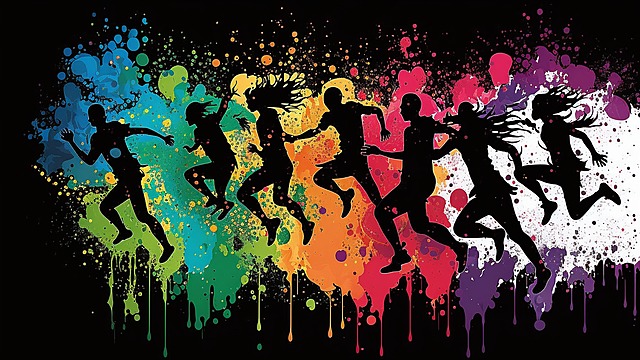There are many different versions of how the marathon was born. And everything is related to war stories in Ancient Greece.
The first version of the marathon tells the story of Philippides. The legend of running the world’s first marathon. Philippides was a Greek envoy who ran from the city of Marathon to Athens to announce the victory of the Greek army over the Persians in the Battle of Marathon. At that time, the distance he traveled was more than 41.8 kilometers. Unfortunately, he then collapsed and died in the area due to exhaustion.
But apparently, there is a second version of the history of marathon running. A second version states that the Greek army, all highly trained athletes, ran from Marathon to Athens after winning the Battle of Marathon so that they could defend the capital before more Persian ships arrived to attack.
A third version shows that Philippides ran more than 40 kilometers. Many believe that he ran about 240 kilometers from Athens to Sparta. According to sources, running was done not after the battle was won, but before it started. Apart from that, the message that will be introduced is not an announcement of victory, but a warning about the arrival of the Persian army.
When was the marathon considered an Olympic sport?
There are no clear records that mention it. However, marathon running has been an official program since the 1896 Olympic Games in https://runguidesraces.com/ Athens were held, and has been the closing program for the Olympic Games since then.
The marathon distance in the first Olympic competition was 41.8 kilometers. This distance is the actual distance between the Greek cities of Marathon and Athens. However, as we all know, 41.8 kilometers is not the distance used in marathon running today.
During the 1908 London Games, the British Royal Family hoped that the marathon race would start at Windsor Castle and finish in front of the Royal Booth at White City Stadium. The distance between these two spots is 42,195 kilometers. This tradition was then used as the marathon distance of today’s modern era.
An interesting thing to know is that running barefoot is not a recent trend. Barefoot running began thanks to marathon running.
In the 1960 Rome Olympics, Abebe Bikila made history not only as the first African to win the race, but he also ran a marathon race barefoot. At that time, Abebe broke the race in a period of 2 hours, 15 minutes and 16 seconds.
